$149.75
- Provides the vitamins, minerals and nutrients needed for healthy female fertility
- Supports optimal female reproductive health
- Helps support the female body in preparation for pregnancy
(1 Box: 30 Daily Packets) – Fertilichron® female is a breakthrough formula that provides potent, scientifically-validated phytonutrients, vitamins and essential minerals specifically chosen for their ability to support optimal female reproductive health and fertility.
31 in stock
Description
The Mayo Clinic defines female fertility as a woman’s ability to get pregnant. As much as 50 percent of the time, problems conceiving can be attributed to physical causes in the woman, and another 20 percent of the time it can be attributed to causes in both the woman and the man. Approximately one in every six couples of childbearing age encounters obstacles during their first attempt at pregnancy. Before age 30, a woman’s chance of becoming pregnant during any given cycle is about 20 percent; a figure that drops drastically after age 35, falling to a mere 5 percent after age 40. Technically, a couple is officially classified as infertile if pregnancy does not occur within one year of having unprotected sex. Unfortunately, the longer a couple has been infertile, the more difficult it is to provide effective treatment.
Many different factors can affect female reproductive health and fertility, including hereditary conditions, hormonal imbalances, irregular menstrual cycles and/or ovulation, endometriosis, conditions like PCOS (Polysystic Ovarian Syndrome), and biological age. Certain nutrients play an important role for women who wish to become pregnant, because they can help support healthy hormonal balance and a healthy female reproductive system in general.
Female fertility reaches its climax in the early twenties and, according to the latest findings, begins to decline around the age of 30, and even more significantly after the age of 35. By age 35, the number of egg follicles (present in the woman’s body since birth and dormant until puberty) will have shrunk to only 12 percent of the original quantity, decreasing further to just over three percent by the age of 40.
This means that only three out of four, or 75 percent, of all healthy 30-year old women who wish to conceive will get pregnant within one year without artificial intervention. This percentage drops to 66 percent of healthy 36-year olds, and only 44 percent of healthy 40-year old women. Additionally, while only nine percent of pregnant women miscarry at age 20, this figure increases to over 50 percent by age 42.
In August 2013, the US National Center for Health Statistics in Hyattsville, Maryland released some surprising figures. Their latest findings reveal that there are different development trends which relate to a woman’s ability to get pregnant and to her wish for a successful delivery.
In a survey including 12,279 married women and men ranging to age 44, the number of women with fertility disorders has actually decreased from eight and a half percent in 1982 to just six percent in 2010. Women are considered infertile when sex at least once a month for twelve consecutive months without contraception does not lead to pregnancy. While fertility increased, at the same time, the percentage of pregnancies with serious problems or an undesirable outcome rose from 11 percent (1982) to 15 percent.
It’s hard to pinpoint definitively why one trend was positive and the other negative. Influencing factors may be a woman’s age at the time of getting married and at the time of first delivery, but sexually-transmitted diseases, environmental toxins, lifestyle factors such as being overweight, or the impact of the pronounced increase in infertility treatments might be factors. Neither the financial status nor the educational level of the women was found to have a statistical effect.
The impaired fertility characterized by severe pregnancy problems was shown clearly to be age-dependent; when compared to the group of women aged 24 to 44 years, only half as many women in the age 24 and under age group were affected. When planning for a child, an important conclusion that can be drawn from this information is to take advantage of the time span available for optimizing all key parameters.
While many factors which affect fertility are out of our control, it is possible to support optimal female fertility levels by addressing those lifestyle factors that are within our control. These include engaging in a moderate level of physical activity, maintaining a healthy weight, monitoring prescription drug use, and curbing habits like smoking and excessive alcohol consumption.
Perhaps the most important contributor to healthy fertility is diet and nutrition. Nourishing your body and reproductive organs with the proper vitamins, minerals and nutrients is one of the most important steps you can take to support optimal reproductive health, and is absolutely essential for a healthy pregnancy and for the health of your baby-to-be.
Since healthy fertility depends on several factors, a responsibly-designed supplement regimen must include a variety of amino acids, vitamins, plant extracts and trace elements. The aim is to use the period of time preceding conception to optimize all relevant parameters, so that when conception finally takes place, the eggs are of satisfactory quality and all other preconditions for a successful pregnancy are also fulfilled. There is a better chance that the maternal and paternal gene pools will be successfully combined when as many components for a successful fertilization and subsequent implantation as possible are stimulated and optimized by natural means.
The interaction of all pertinent ingredients, combined in a scientific formula based on chronobiological principles, can support a healthy female reproductive system and fertility in a natural way.
Additional information
| Weight | 0.8 kg |
|---|---|
| Effects | |
| Supplement Facts |
Supplement Facts AM (Morning) 1 AM Fertiliplex® Female Capsule [Yellow/White] Vitamin D (as Cholecalciferol) |
| Uses |
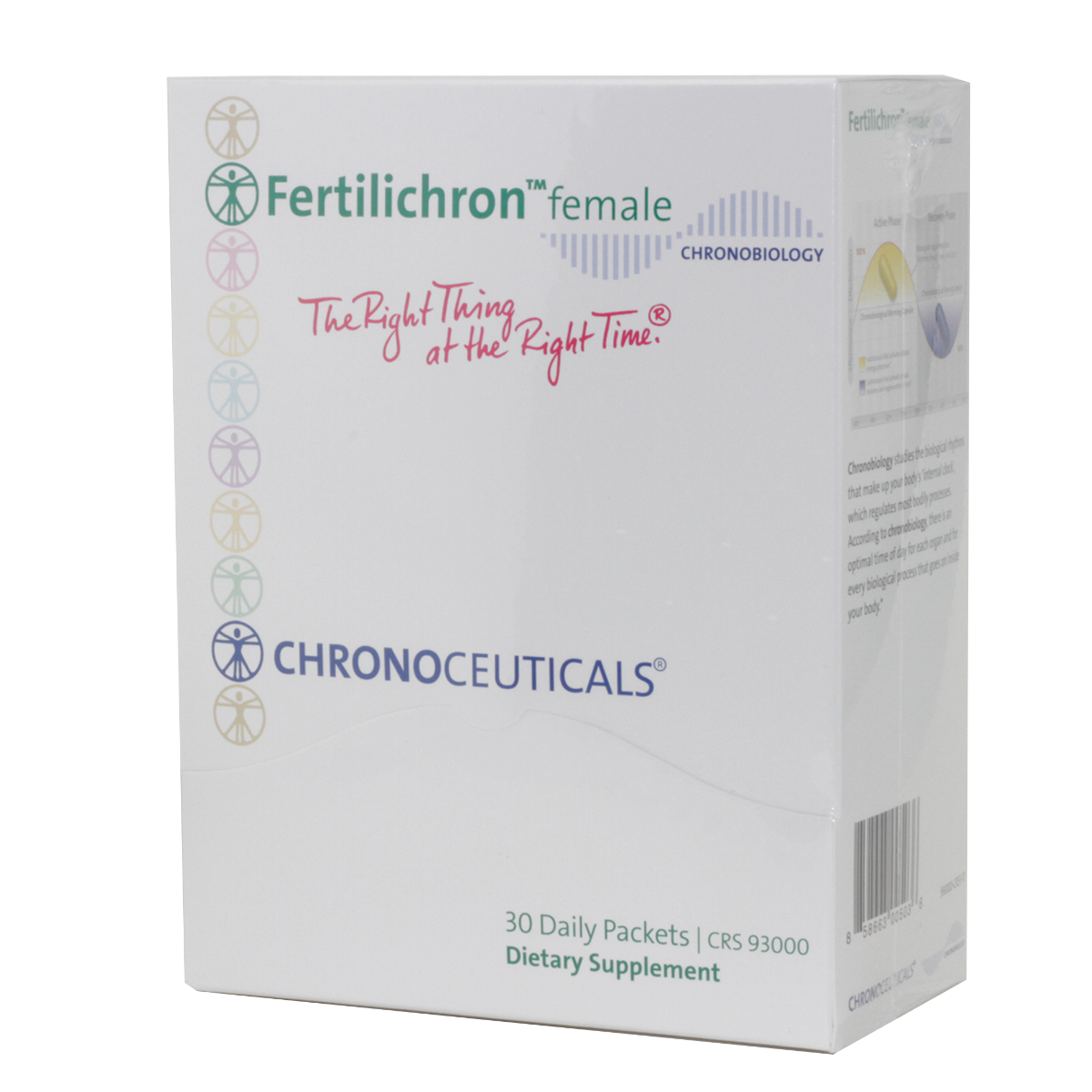
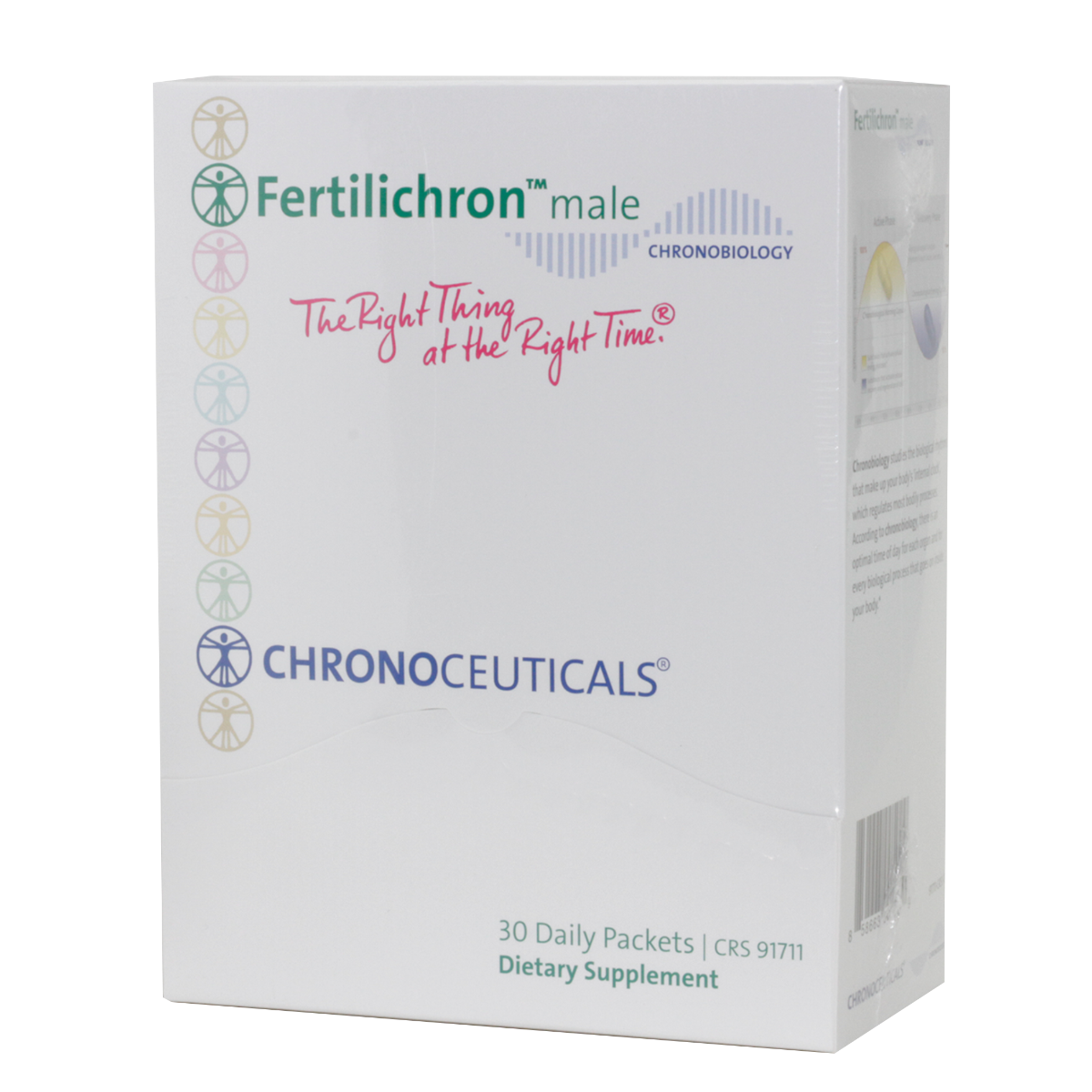
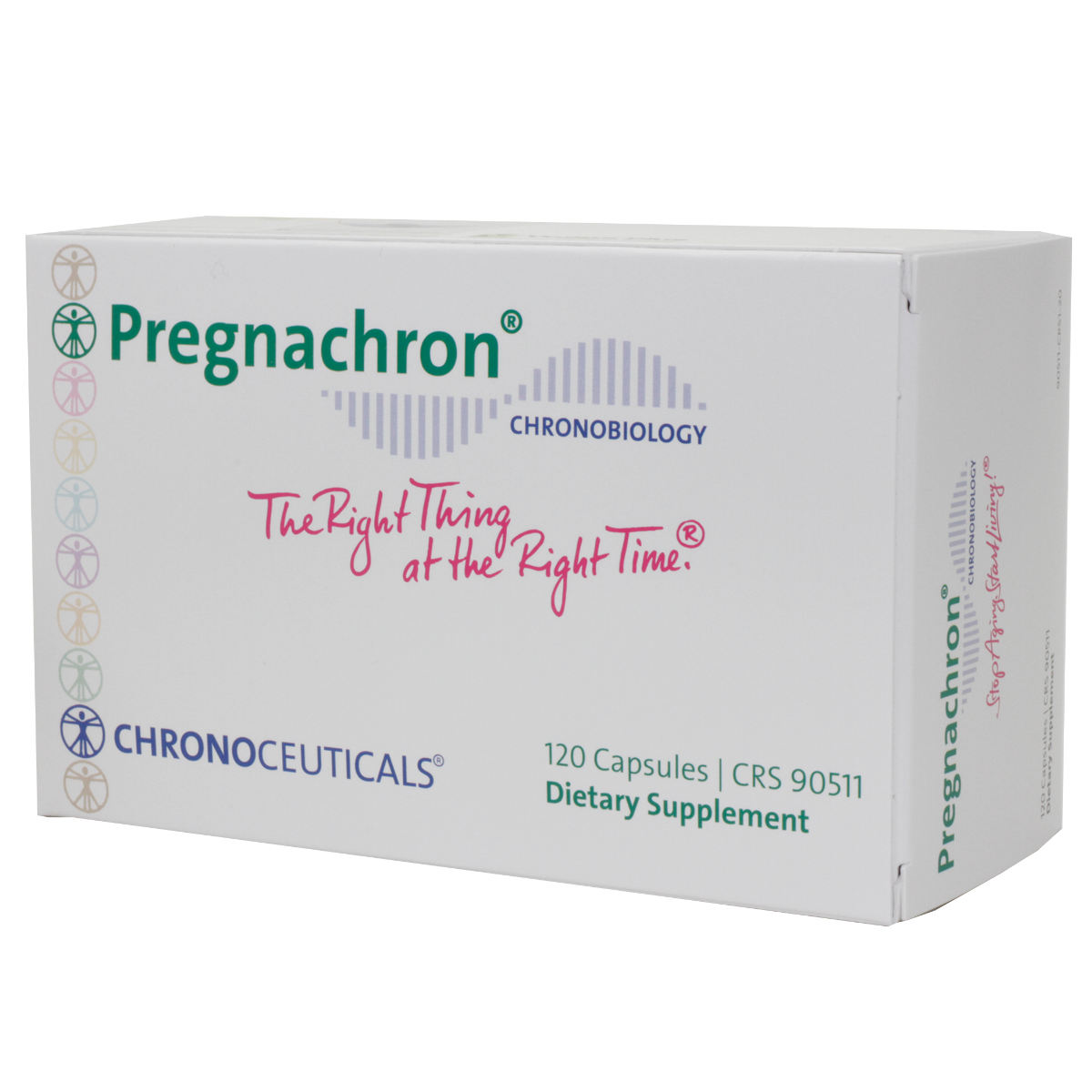
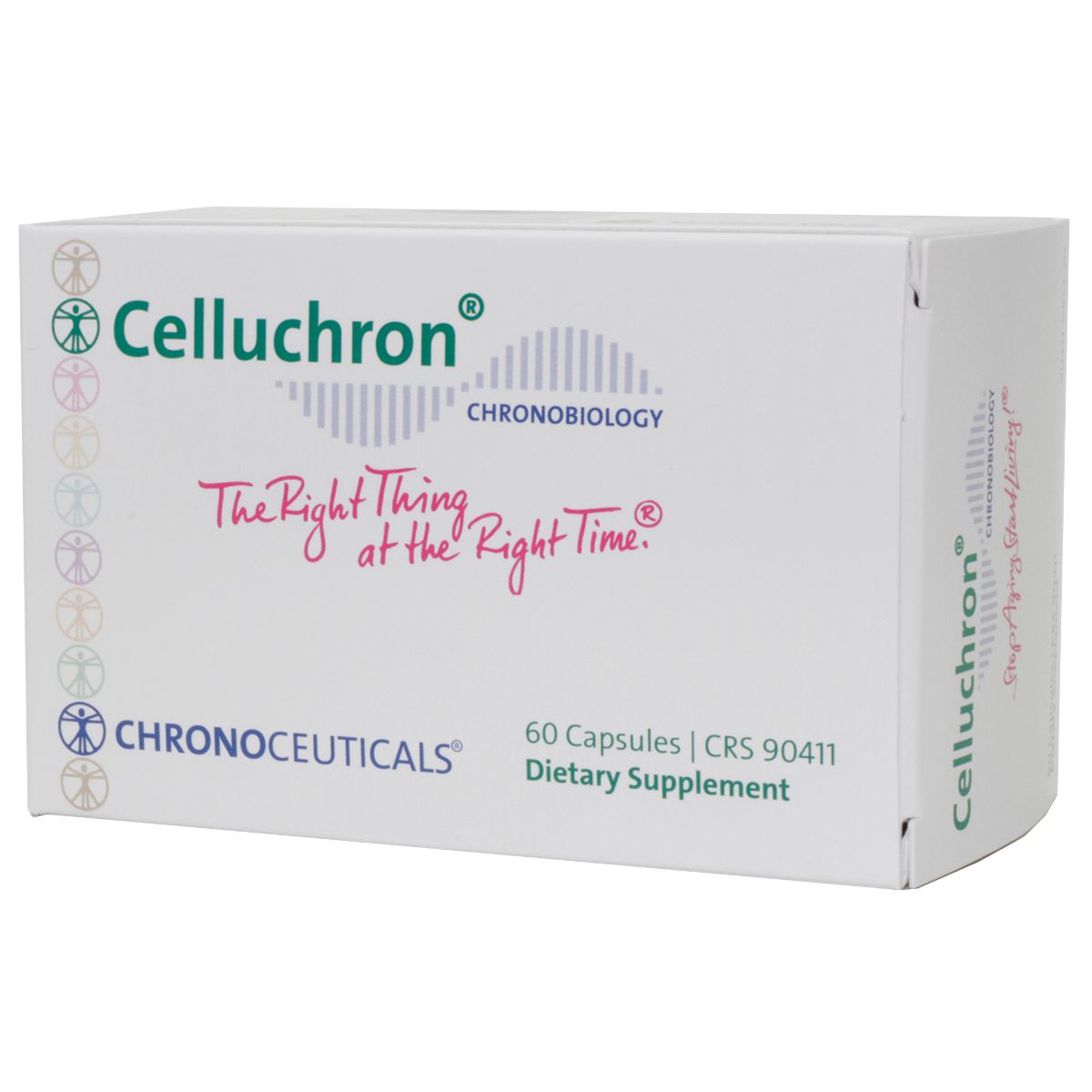
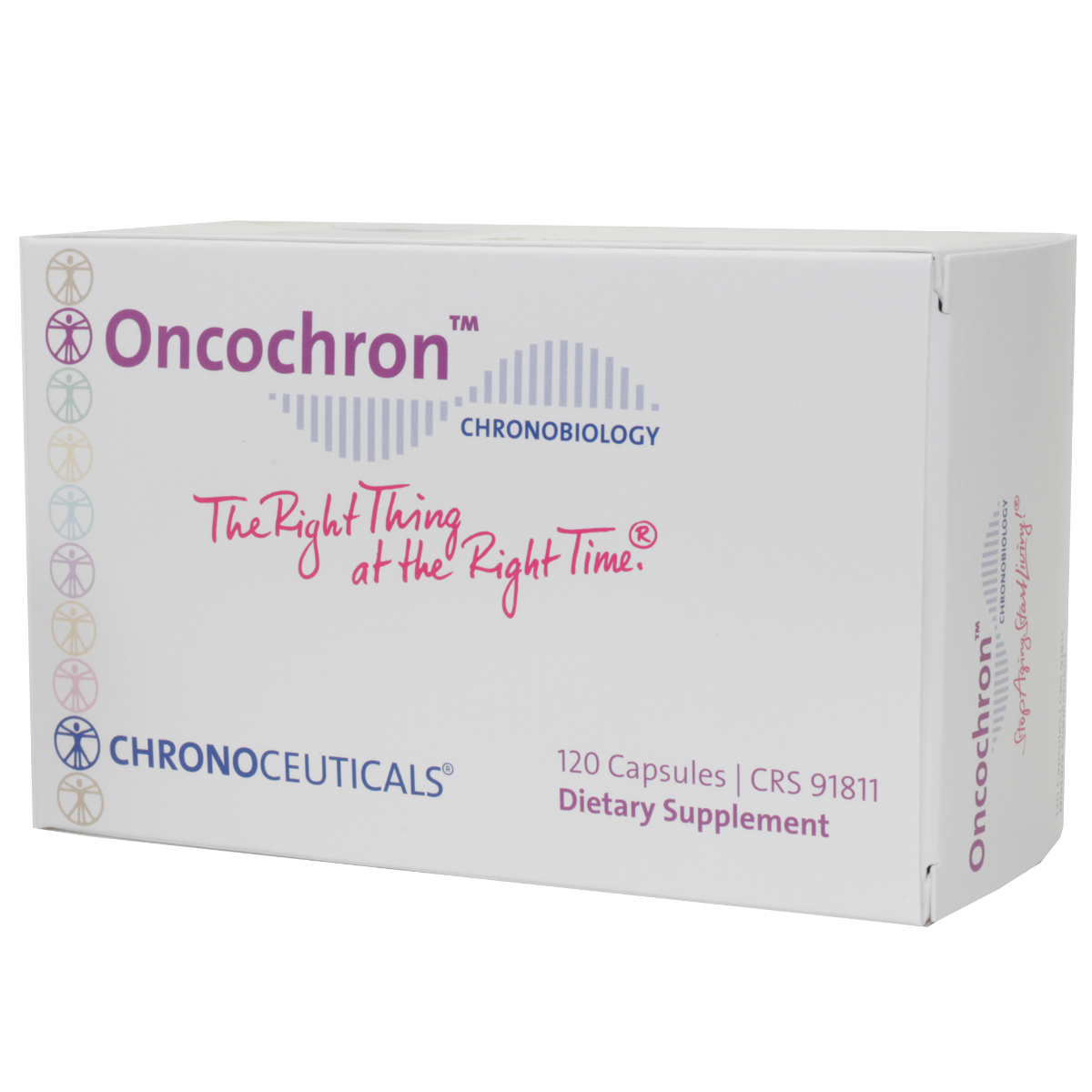
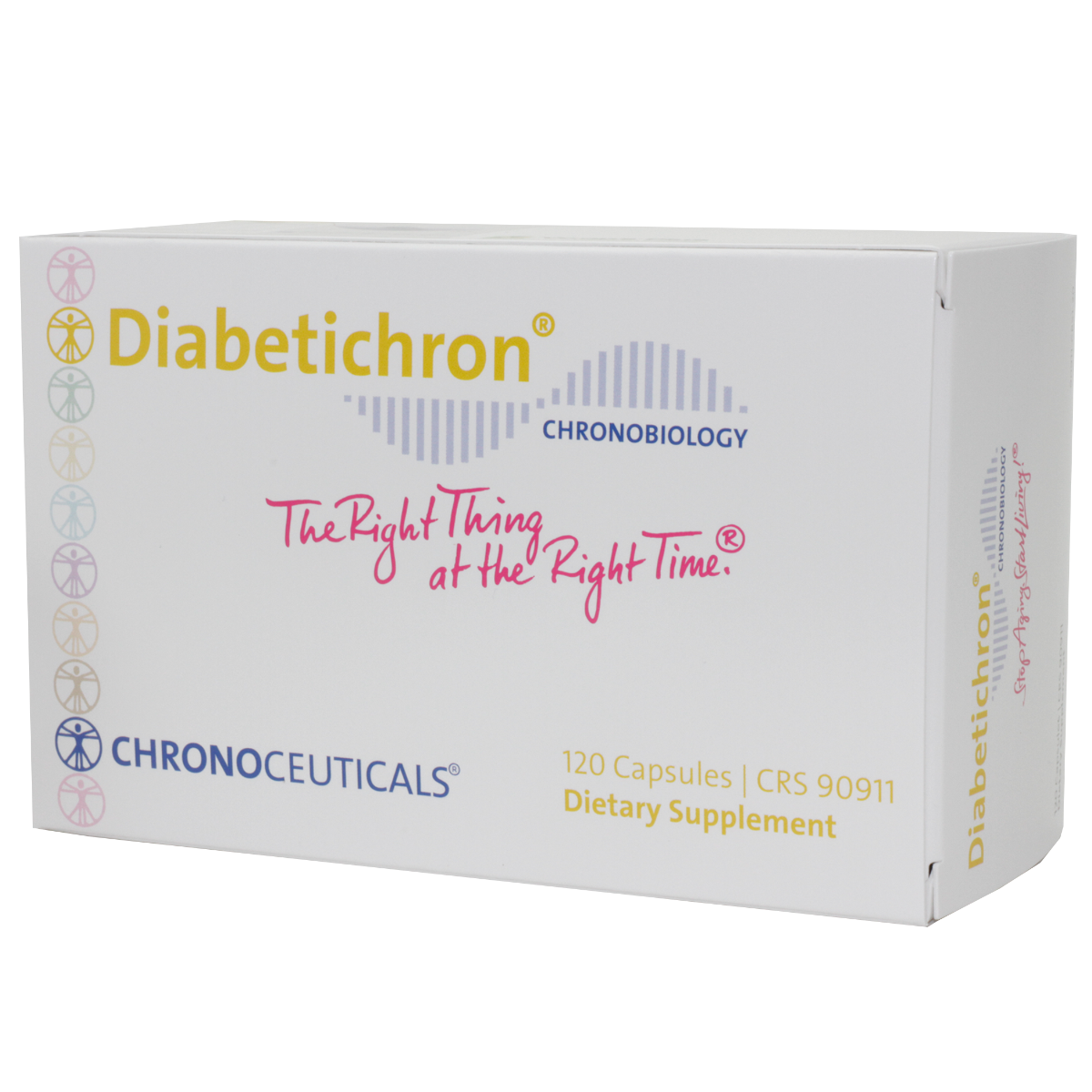
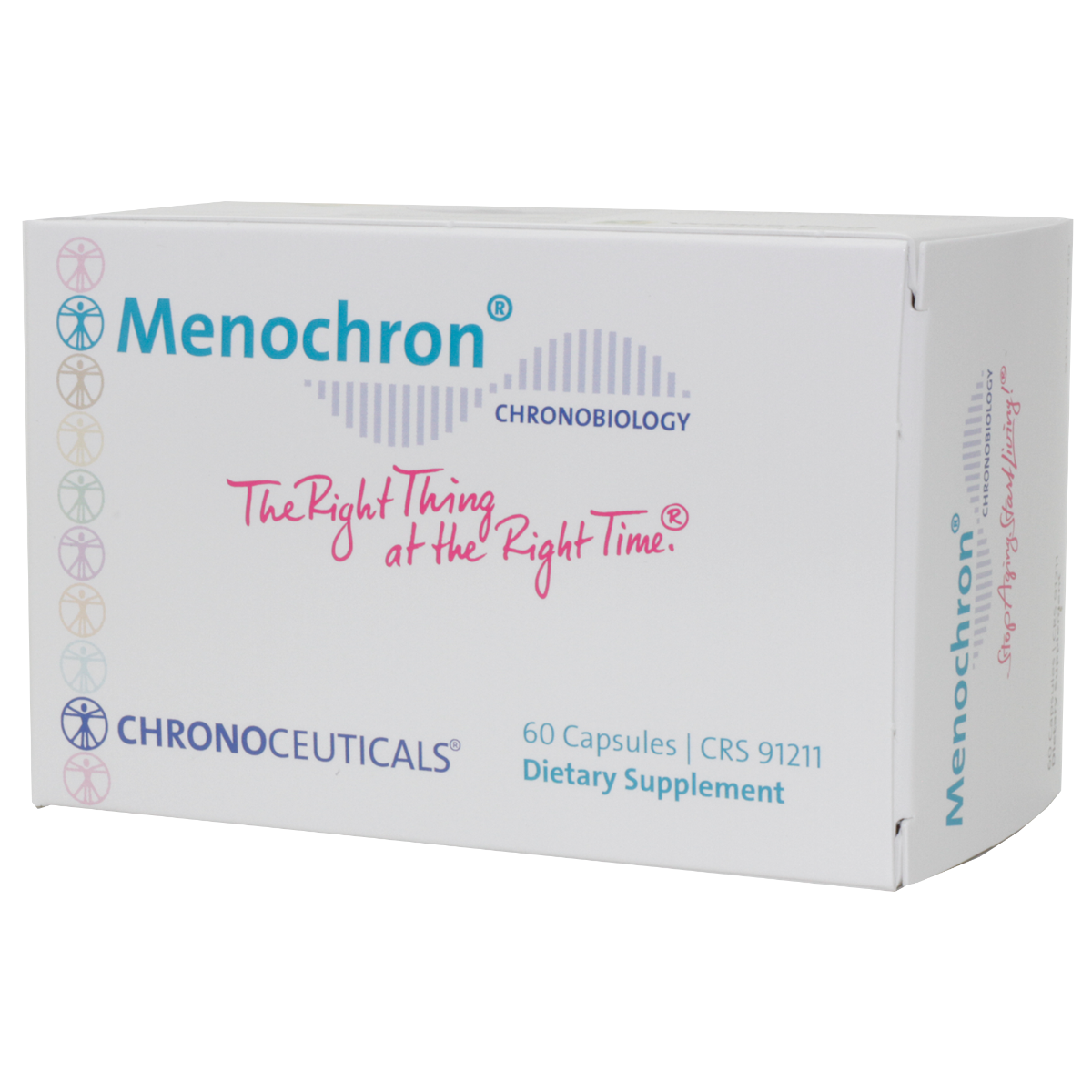
I have PCOS, and was on multiple prescriptions for a couple years to try to help control symptoms, over the long-term use however, symptoms worsened so I stopped taking them and went decided to try and find a natural solution. I had tried what felt like every supplement on the market and while some would help with one or two symptoms, it wasn’t until I tried this that I noticed the best results. After only a few weeks of taking this product, my symptoms nearly vanished, I actually got my cycle back, and my mood and energy levels drastically improved!